1. Introduction
2. Military governments of Brazil and Argentina
3. Democratization process
4. Authority of military government after democratization
5. Value and credibility of our data & Other possible variables
6. Conclusion
We were interested in there is the different level of democracy among many
same democratic states. Among those countries, we decided to compare two
main states in Latin America, Brazil and Argentina. The reason why we picked
up them was there’s a lot of similarities between them, however we could see
the difference in the level of democracy, particularly we focused on “the
different authority of the military” between them. Brazil and Argentina were
ruled by military governments in the past and now they are democratic states.
So we can say they started democratizing from the same background. But they
chose different models while they were transferring power to civilian
government. Brazil chose top-down and Argentina adopted bottom-up model. We
are going to approach the topic from primarily qualitative method. Because,
Brazil and Argentina have different military authority which is come from
different democratization process, even if there are some similarities like being
located in Latin America, having experienced military rule and democratized
around the same time. Therefore we are going to approach this topic from the
most similar systems design. Our subject of research is “the different authority
of the military between Brazil and Argentina” which is resulted from different
democratization process. By following the basic model of research, X is an
independent variable and Y is dependent variable. So, in this research, Y is “the
different authority of the military between Brazil and Argentina”. And X is
different democratization process after the era of military governments. Spatial
backgrounds are Brazil and Argentina. Temporal backgrounds are 1970s and
1980s. The reason why we chose that period is Brazil started in democratization
in the middle of 1970s and Argentina started it in the early 1980s.
서경교(2006), “아르헨티나 민주화 과정에 대한 평가”. 『중남미연구』 (v.24 -2) : p. 75 – 101. 한국외국어대학교 중남미문제연구소.
박보윤(2007), “브라질과 아르헨티나의 민주화이행과정 비교연구”, 한국외국어대학교대학원.
Powell G. Bingham, Russel J. Dalton and Kaare Strom(2012), 『Comparative Politics Today : A Theoretical framework』6th. London: Longman.
• Internet Sources
Freedom house : http://www.freedomhouse.org/
Korea Education And Research Information Service(KERIS) RISS
Doosan Encyclopedia : http://www.doopedia.co.kr/
Korea Ministry of Foreign Affairs : http://www.mofa.go.kr/
YonhapNews : www.yonhapnews.co.kr

- 오늘 본 자료가 없습니다.
- [수업지도안, 학습지도안, 활동지도안] 체육과 교양과목 수업지도안, 체육과 교양수업 건강한 식생활을 위한 수업 지도안작성, 이제 건강도 스펙이다 수정 다운 홍보
- 영유아보육프로그램개발과평가] 영유아프로그램의 구성주의 모델과 개방주의 모델에 대해 비교 분석하시오
- 실습생프로파일(사회복지현장실습, 사회복지전공동기, 실습기관선택이유, 성취목표, 목표달성파악, 자신의강점과약점, 취미와특기, 바라는점)
- [사회복지실천기술론] 사회복지실천기술의 개념과 특징에 대해 설명하고, 사회복지사의 가치에 대해 서술하시오.
- [매스컴과 현대사회]영화 `트루먼쇼`가 보여주는 현대매스미디어에 대한 비판
해당 정보 및 게시물의 저작권과 기타 법적 책임은 자료 등록자에게 있습니다. 위 정보 및 게시물 내용의 불법적 이용,무단 전재·배포는 금지되어 있습니다. 저작권침해, 명예훼손 등 분쟁요소 발견 시 고객센터에 신고해 주시기 바랍니다.



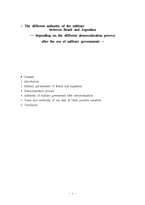
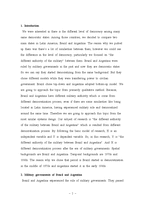
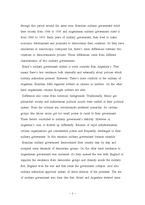
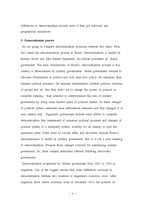
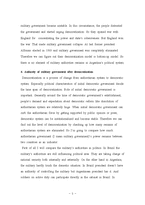
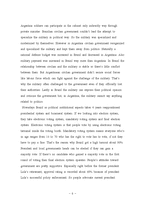
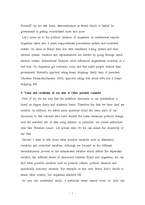
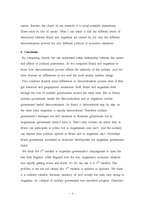
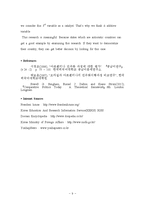
 분야
분야

